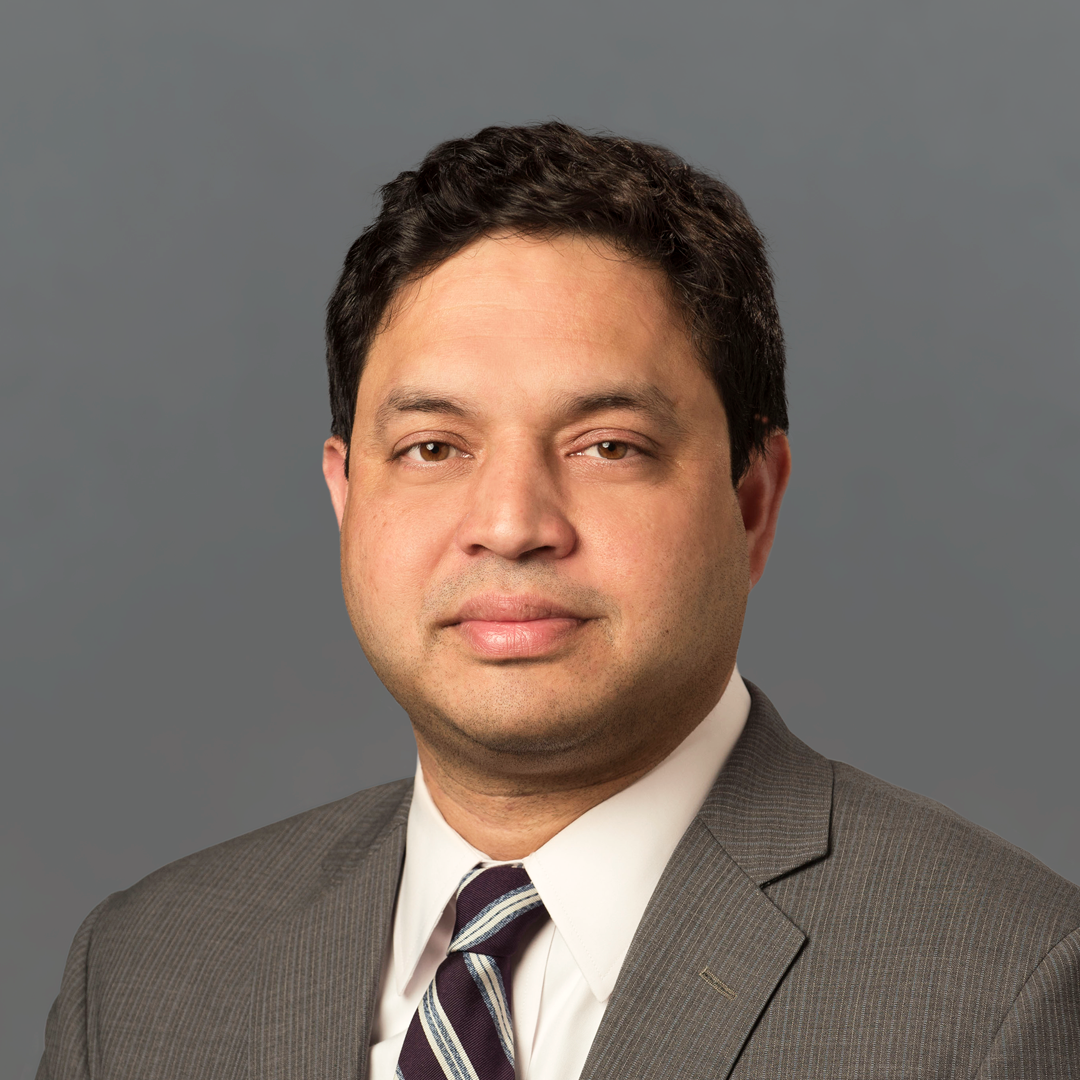|
Getting your Trinity Audio player ready... |
When MGM Resorts was beginning to build its newest property in Springfield, Massachusetts, the company knew it would be met with the challenges that come with opening a nearly $1 billion resort and casino.
That was especially true when it came to hiring. The former industrial town had fallen on tough economic times. Chief Human Resources Officer Laura Lee recognized that it would take an effort before its 2018 opening to supply one of its “small mini-cities” with the hundreds of local employees it needed.
Lee says that the work of identifying talent and filling hundreds of specialized jobs has been one of the toughest responsibilities in her portfolio of overseeing talent management, engagement, and culture for seventy-seven thousand employees and twenty-nine properties worldwide.
But it’s also one of the company’s proudest achievements. As an industry leader, MGM Resorts met or exceeded its diversity goals, veteran recruitment, and local hires in both Springfield and its DC-area resort in Prince George’s County.

In her second decade with the company, Lee says MGM succeeds in those areas because it spends the time necessary on the ground to get to know the community and its needs. In Springfield, that meant helping to revitalize a local economy with great opportunities.
“When manufacturing left the City of Springfield, the economy declined,” Lee says. “We wanted to show our commitment to the community by living up to our diversity hiring commitments.” MGM Resorts attracts the talent it needs by sharing the values that the company holds and offering jobs with the ability for advancement and a good middle-class income.
In places like Springfield, the gaming industry was not only new to town but the skill sets for the positions were also new to the area.
The goal for local hiring (required by the company’s state gaming license) was also steep—35 percent or more of the new employees would have to be hires from the City of Springfield. Lee says she and MGM worked hard to connect with organizations in the city, such as local community colleges and nonprofits. Because MGM operates both hotels and casinos, the business overall is “very complex.” But it also means employees have an opportunity to advance in a variety of hospitality or casino careers.
That’s one reason that Lee helped institute the MGM Resorts College Opportunity Program, an online certificate and college degree program and at no cost to MGM Resorts employees. “With any industry, there’s an evolution, and technological changes occur within that industry,” she says. “As MGM evolves its digital platform, you want to make sure your employees have the opportunity to reskill and retrain for future opportunities.”
Lee is also charged with maintaining that pipeline for a company that is constantly growing—by mergers and acquisitions and by building new resorts and casinos, like the Springfield location and MGM National Harbor, just minutes from the nation’s capital. It’s not just retention and advancement programs, like the free college benefit; it’s also finding new ways to incentivize promising new talent.
“The exciting part is finding new ways to measure and reward employee-excellence to drive our business strategy,” she says. “You have to ensure your performance management practices support those changes.”
“They are hardworking, dedicated employees. This is a 24/7 job. These employees understand that, and they are there to work hard.”
Though many industries have taken a hit during the COVID-19 pandemic, the hospitality and tourism industry have suffered the most, putting a temporary halt on much of that long-term planning. As many of MGM’s employees have been unable to work, Lee is the cheerleader for all hospitality employees. “I hope other industries will consider the transferable skills of hospitality employees,” she says. “They are great hardworking, dedicated employees. This is a 24/7 job. These employees understand that, and they are there to work hard.”
As casinos continue to reopen, Lee will get back to strategic planning. Hopefully, it will mean more opportunities and growth for MGM, where a part of Lee’s role has been to explain how the casino and hotel business has evolved over the years.
Lee explains that casinos have become so much more than places to gamble—they are full entertainment destinations.
“You look at the casino, thirty, forty, fifty years ago and it was a different type of business; it has evolved, tremendously,” she says. “Part of the stigma, associated with casino operations is that most people don’t understand the broad range of disciplines and business-savvy skills needed to operate a full-service casino, with food and beverage, hotel, finance, IT, and marketing components.
“Once it is understood that these are good middle-class jobs, the stigma is no more.”

